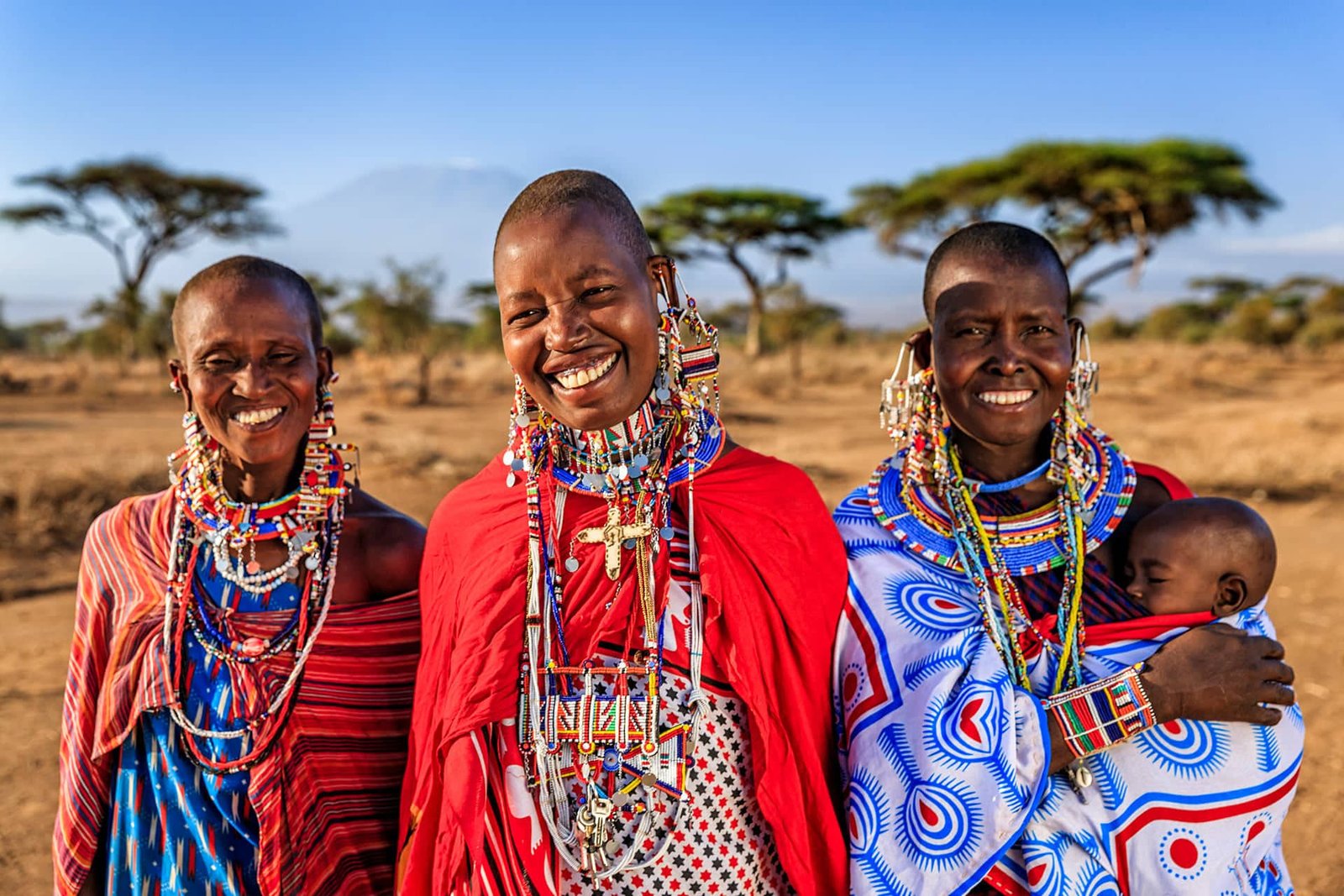Source: Africa Publicity
In the vibrant city of Lagos, Nigeria, Amara Nwankwo walked briskly through the bustling markets, her mind buzzing with ideas for her new fashion line. A passionate advocate for sustainability, Amara envisioned a brand that would merge eco-conscious practices with traditional African aesthetics. Her journey to redefine fashion in a way that honored both culture and the environment was just beginning.
Amara’s inspiration came from her travels across Africa. During a trip to the Maasai Mara in Kenya, she observed the Maasai people’s remarkable use of natural dyes and materials. Their clothing, rich in color and cultural significance, was crafted from locally sourced resources and often passed down through generations. The Maasai’s sustainable approach to fashion deeply resonated with Amara, prompting her to explore how such practices could be integrated into the modern fashion industry.
Back in Lagos, Amara faced the challenge of finding suppliers who shared her commitment to sustainability. Her first meeting was with Bayo Adeyemi, a textile producer from the northern city of Kano. Bayo’s company specialized in organic cotton, grown without harmful pesticides or synthetic fertilizers. The cotton was dyed with natural colors, derived from plants like indigo and hibiscus. Bayo’s dedication to eco-friendly production practices aligned perfectly with Amara’s vision.
“I want to create something that not only looks beautiful but also respects the environment,” Amara explained during their meeting. “Can you help me source these materials?”
Bayo nodded with enthusiasm. “Absolutely. Sustainable fashion is the future. We have the expertise and resources to support your goals.”
As Amara and Bayo began collaborating, she realized that sustainable fashion extended beyond materials. It encompassed every aspect of the production process. To further her understanding, Amara traveled to Cape Town, South Africa, where she met with Zola Mbeki, a renowned designer known for her innovative use of recycled fabrics.
Zola’s studio was a testament to her commitment to sustainability. Old garments were transformed into stylish new pieces, and fabric scraps were meticulously repurposed into accessories. Zola welcomed Amara with a warm smile and a tour of her creative space.
“We have so much waste in the fashion industry,” Zola said, gesturing to a rack of colorful patchwork dresses. “But with creativity, we can turn that waste into something beautiful.”
Impressed by Zola’s ingenuity, Amara saw the potential to incorporate similar techniques into her own designs. She envisioned a collection that combined traditional African motifs with modern, sustainable practices, and began sketching her ideas with renewed energy.
Returning to Lagos, Amara’s focus shifted to promoting sustainable fashion within her community. She organized workshops to educate local artisans about eco-friendly techniques and collaborated with fashion schools to incorporate sustainability into their curricula. Her efforts were met with enthusiasm, and soon, a growing number of designers and consumers embraced the concept of sustainable fashion.
One day, Amara met with Amani Kilonzo, a young fashion student from Dar es Salaam, Tanzania. Amani had recently completed a research project on the impact of sustainable fashion in East Africa and was eager to share her findings.
“Many people in Tanzania are starting to recognize the value of eco-friendly fashion,” Amani explained. “By using local materials and traditional techniques, we can create beautiful garments while supporting our communities.”
Amani’s insights were a valuable addition to Amara’s knowledge base. They discussed the potential for cross-border collaborations and the importance of preserving cultural heritage while promoting sustainability. Inspired by Amani’s perspective, Amara decided to feature Tanzanian textiles and techniques in her upcoming collection.
As the launch date approached, Amara’s vision took shape. Her fashion line, “AfriGreen,” showcased a blend of traditional African designs and modern, eco-friendly materials. Each piece told a story, from the organic cotton sourced in Kano to the recycled fabrics transformed in Cape Town. The collection was a celebration of Africa’s rich cultural heritage and its potential for a sustainable future.
The launch event, held in Lagos, was a resounding success. Attended by fashion enthusiasts, industry leaders, and environmental advocates, the event highlighted the beauty and viability of sustainable fashion. The garments were met with admiration, and the message of environmental responsibility resonated with the audience.
Amara’s journey had just begun, but her efforts were making a significant impact. Her work not only showcased the possibilities of sustainable fashion but also inspired others to explore eco-friendly choices in their own lives. Through her collaboration with artisans across Africa and her dedication to preserving cultural traditions, Amara had created a brand that was both stylish and sustainable.
In the weeks that followed, Amara continued to advocate for sustainable fashion, sharing her experiences and knowledge with a broader audience. She participated in international conferences, collaborated with global organizations, and remained committed to her mission of promoting eco-friendly practices within the fashion industry.
Amara’s story was a testament to the power of vision and collaboration. By blending tradition with innovation, she had created a fashion line that honored the past while embracing the future. Her journey demonstrated that sustainable fashion was not just a trend but a necessary evolution for a more conscious and responsible world.








